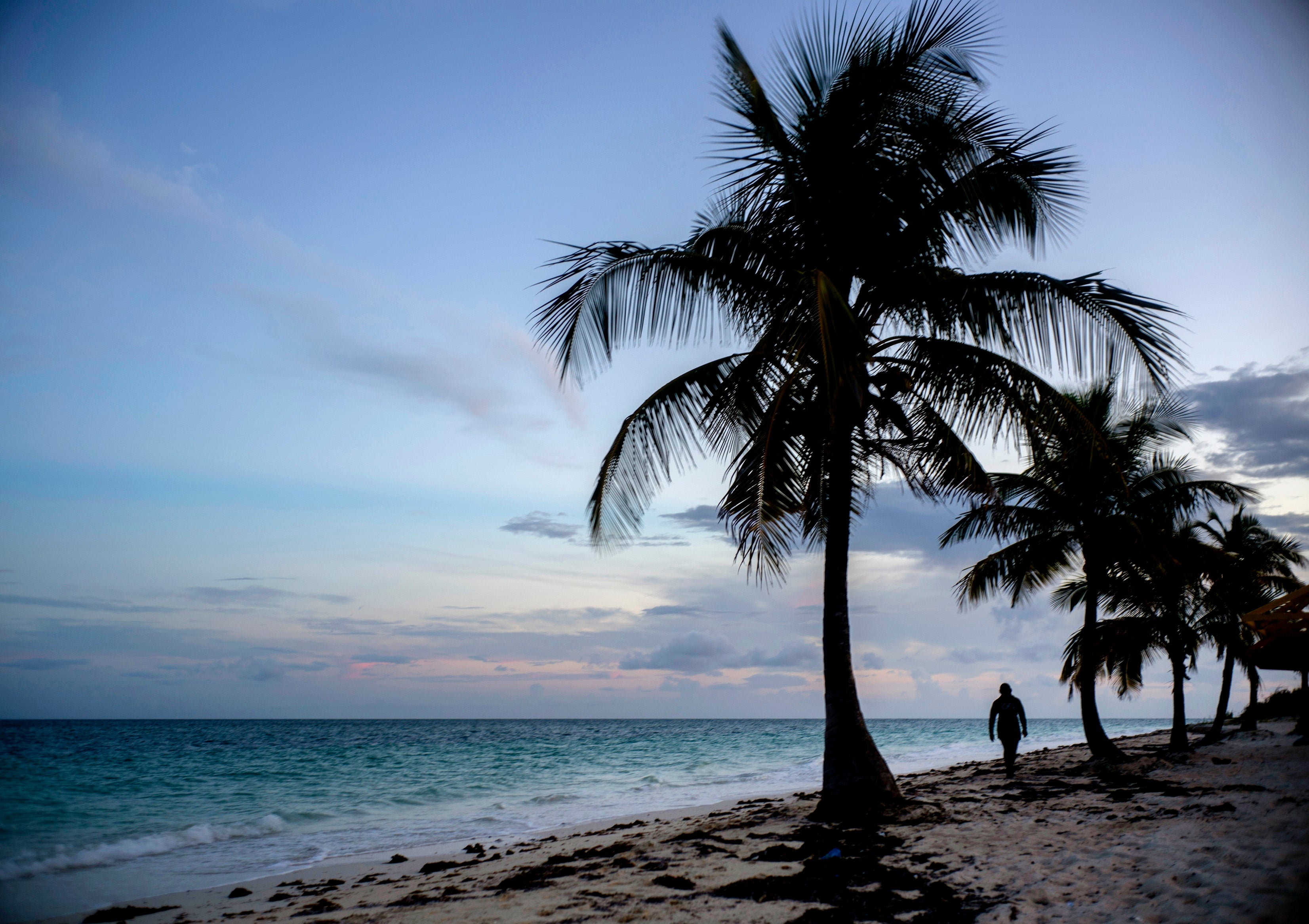The Bahamas will refinance part of its debt to protect its famous turquoise waters
The Bahamas says it will refinance $300 million of its external debt to free up more than $120 million for marine conservation projects and climate change mitigation

Your support helps us to tell the story
From reproductive rights to climate change to Big Tech, The Independent is on the ground when the story is developing. Whether it's investigating the financials of Elon Musk's pro-Trump PAC or producing our latest documentary, 'The A Word', which shines a light on the American women fighting for reproductive rights, we know how important it is to parse out the facts from the messaging.
At such a critical moment in US history, we need reporters on the ground. Your donation allows us to keep sending journalists to speak to both sides of the story.
The Independent is trusted by Americans across the entire political spectrum. And unlike many other quality news outlets, we choose not to lock Americans out of our reporting and analysis with paywalls. We believe quality journalism should be available to everyone, paid for by those who can afford it.
Your support makes all the difference.The Bahamas announced Friday that it will refinance $300 million of its external debt to free up more than $120 million for marine conservation projects and climate change mitigation.
It is the fifth such debt-for-nature swap in the world, with the Bahamian government signing the deal with The Nature Conservancy, the Inter-American Development Bank and other financial partners.
“We see this project not just supporting the biodiversity and climate objectives of the country, but ultimately the economy and livelihoods of many, many folks,” Shenique Albury-Smith, the Bahamas-based deputy director for The Nature Conservancy, told The Associated Press.
The deal involves buying back the existing debt via a new loan with reduced interest rates, a move expected to free up some $124 million in funding. That money will be used for marine conservation projects for the next 15 years. An endowment fund also will be created to secure financing for the projects after the 15 years are up. Overall, the Bahamas holds some $5.7 billion in external debt.
The Seychelles, Belize, Gabon and Barbados previously signed similar deals, said Melissa Garvey, global director for The Nature Conservancy’s bond program.
Together, the deals protect conservation areas larger than the Gulf of Mexico, she said.
The agreement with the Bahamian government marks the first time a private investor provides a co-guarantee and a private insurer provides credit insurance. It’s also the first time that the project includes climate change mitigation commitments, according to The Nature Conservancy.
Smith said officials will likely use some of the money to protect, restore and manage the mangrove ecosystem, which stores carbon dioxide, a greenhouse gas, better than tropical forests. Officials also are looking to protect other ecosystems including seagrass, which also absorbs carbon dioxide, helping counter global warming.
Protecting marine areas also would ensure the stability of commercially important fisheries in the Bahamas, with the spiny lobster one alone generating some $100 million a year, Albury-Smith said.
The Bahamas already has a strong conservation history: more than 17% of coastal waters are protected, representing more than 6 million hectares (16 million acres) of the world’s ocean.
In 1958, the Bahamas established the world’s first protected land and sea park at Exuma Cays.
____
Follow AP’s coverage of Latin America and the Caribbean at https://apnews.com/hub/latin-america